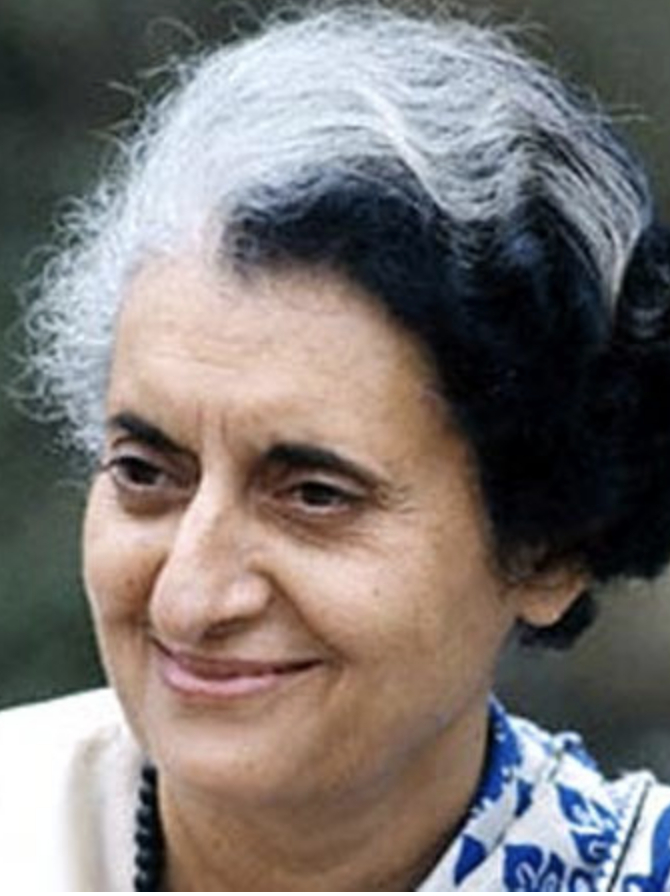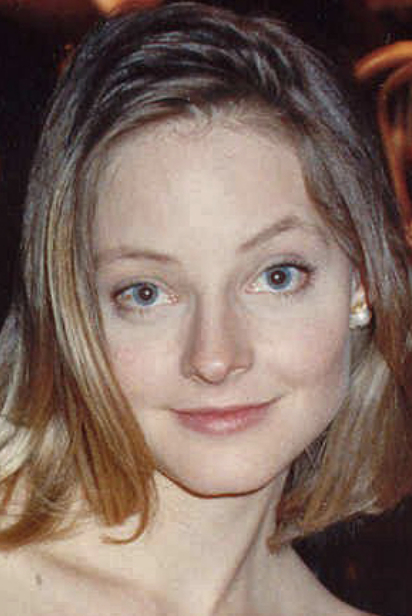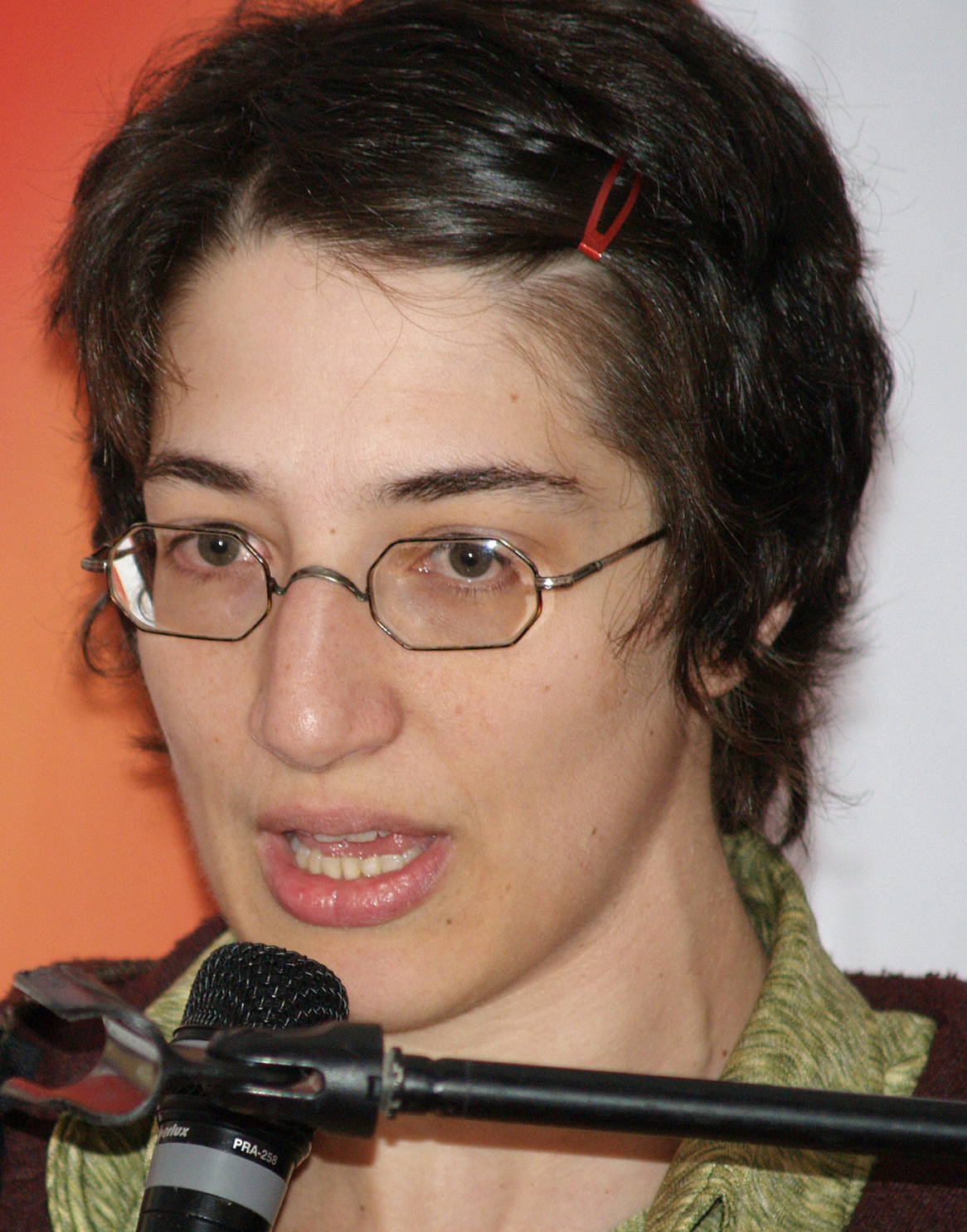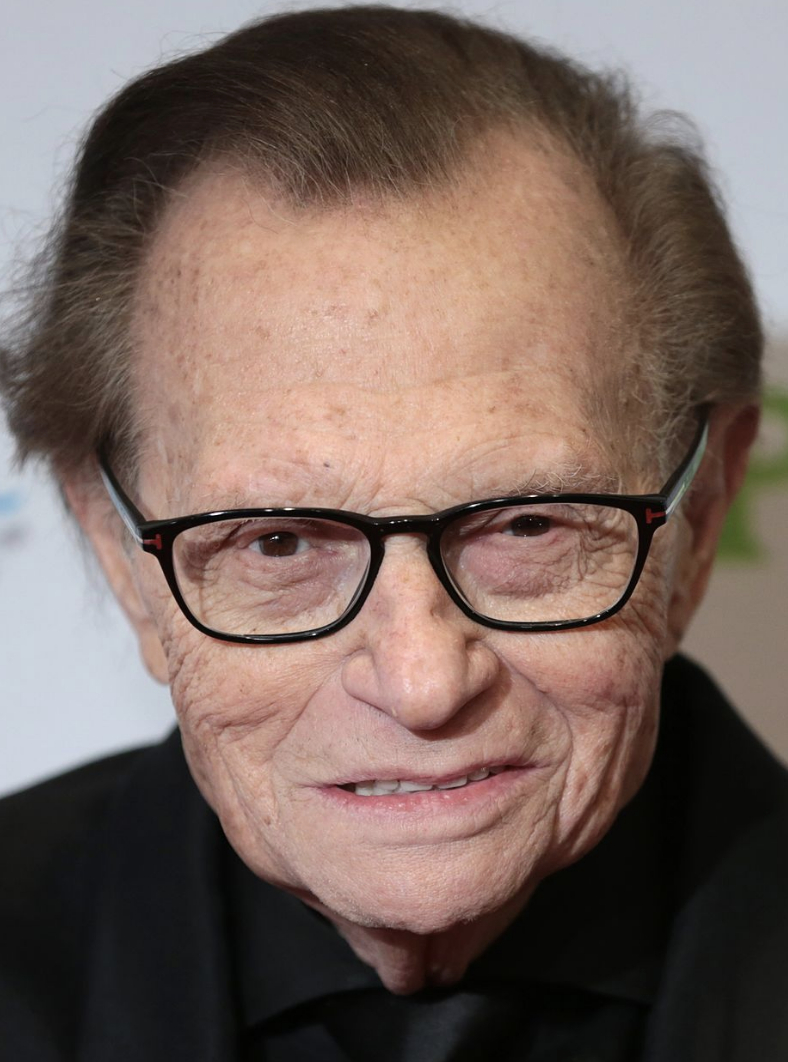November 19
Indira Gandhi

On this date in 1917, Indira Gandhi (née Nehru) was born in Allahabad, Uttar Pradesh, India, to a wealthy, upper-caste Brahmin Hindu family. Her father, Jawaharlal Nehru, was India’s first prime minister and popular independence leader. Before completion of her education at Oxford University, Gandhi joined the Indian independence movement, which led to her imprisonment for 13 months on charges of subversion by British colonial authorities.
In 1942 she married a Congress Party militant, Feroze Gandhi, but her marriage suffered as her father took office as prime minister in 1947 and invited her to be his official hostess. In this position she studied the world’s most powerful political elites and in the 1950s began building her own political career. She was elected Congress Party president in 1959 and helped oust the communist government from the southern state of Kerala. She served in the upper house of parliament in 1964 and in 1967 became the first woman leader of a major country in modern times.
As prime minister she strengthened the authority of the federal government and strongly objected to religious sectarianism that, she believed, threatened Indian democracy. While some of her domestic policies were viewed as weak, she managed to keep relative social peace and silence radical opposition movements. She achieved great success in her foreign policy and, after winning reelection in 1971, led India to victory in a bitter war with Pakistan (that also resulted in the birth of Bangladesh).
While her popularity grew among Indians and especially the poor, Gandhi gained a reputation as an authoritarian within her own party. After an Indian court determined her 1971 election was illegitimate, Gandhi declared a state of emergency, suspending civil liberties and jailing thousands of her critics. Facing internal and international pressure, she returned to democratic government in 1977 but the people elected a former rival, Morarji Desai, to replace her.
Desai attempted to destroy Gandhi’s reputation but she fought back by campaigning in rural villages and was elected as prime minister for the fourth time in 1980. Sikh terrorist factions in the Punjab state demanded an independent state, but Gandhi refused to negotiate and in June 1984 ordered an army assault on a militant Sikh temple, which resulted in the loss of over 1,000 lives. Over the next months, Gandhi remained undeterred by numerous death threats from Sikh militants. She told Newsweek, “In politics you simply can’t hide from people. My life has been one with India, and it makes no difference to me if I die standing or in bed.”
Gandhi was gunned down in 1984 in her garden in New Delhi by her Sikh bodyguards. Following her death was a period of extreme tension and bloodshed between Hindus and Sikhs across India. (D. 1984)
“There exists no politician in India daring enough to attempt to explain to the masses that cows can be eaten.”
— Gandhi, quoted by Oriana Fallaci in "Indira's Coup," New York Review of Books, 1975
Jodie Foster

On this date in 1962, actress Alicia Christian “Jodie” Foster was born in Los Angeles. Her parents divorced before she was born and she never established a relationship with her father. Her professional debut was at age 3 in a Coppertone Suntan lotion commercial. Foster made a series of TV appearances and movies as a child, the first on “Mayberry R.F.D., and was once mauled by a lion while making a Disney film. Her breakthrough role was as a preteen prostitute in “Taxi Driver” (1976).
She graduated from a French-language prep school, the Lycée Français de Los Angeles, in 1980. During her freshman year at Yale, John Hinckley Jr., obsessed with her in “Taxi Driver,” started stalking her. Hinckley tried to assassinate President Ronald Reagan in a warped paean to Foster in 1981. She graduated magna cum laude with a degree in literature in 1985.
She has earned two Academy Awards as best actress, for “The Accused” (1988) and for “The Silence of the Lambs” (1991). Her many movies include “Nell” (1994), and “Contact” (1997), in which she memorably portrayed the atheist astronomer protagonist based on Carl Sagan‘s novel. She has also directed movies, including “Little Man Tate” (1991) and “Home for the Holidays” (1995). Her latest role as of this writing in 2019 was in “Hotel Artemis” (2018).
Foster’s sexual orientation became a subject in 1991 when activists protesting alleged homophobia in “The Silence of the Lambs” claimed she was a closeted lesbian. While she had long been in a relationship with Cydney Bernard, Foster first publicly acknowledged her orientation in 2007. She and Bernard split in 2008 after 15 years together, with joint custody of sons Charles and Kit (ages 20 and 17 in 2019). Foster married photographer Alexandra Hedison in 2014. She has said she would tell Charles who his biological father is when he turned 21.
“People are always surprised when I say that I’m an atheist,” Foster told Esquire magazine (“What I’ve Learned,” Dec. 14, 2010). “In my home, we ritualize all of them. We do Christmas. We do Shabbat on Fridays. We love Kwanzaa. I take pains to give my family a real religious basis, a knowledge, because it’s being well educated. You need to know why all those wars were fought.”
Photo: Foster at the 1989 Academy Awards; photo by Alan Light.
“I absolutely believe what Ellie [the atheist astronomer in the movie ‘Contact’] believes — that there is no direct evidence, so how could you ask me to believe in God when there’s absolutely no evidence that I can see? I do believe in the beauty and the awe-inspiring mystery of the science that’s out there that we haven’t discovered yet, that there are scientific explanations for phenomena that we call mystical because we don’t know any better.”
— Foster, interview with The Georgia Straight weekly (July 10, 1997)
Myla Goldberg

On this date in 1971 author Myla Goldberg was born into a Jewish family, grew up in Laurel, Md., and graduated from Oberlin College in 1993. Her first book, Bee Season, a coming-of-age story about a girl who wins a spelling bee, was published in 2000 and was on The New York Times Notable Book List of 2000. Her other books include Wickett’s Remedy (2006), which chronicles the story of a woman during the 1918 flu pandemic and The False Friend (2010), about a woman returning to her hometown to confront her past. She has also written Time’s Magpie: A Walk in Prague (2004), a compilation of her essays on Prague, and Catching the Moon (2007), a children’s book, along with many other published short stories and writings.
Goldberg sings and plays banjo and accordion in a band called The Walking Hellos. Their first CD was released in 2006. Goldberg is married to Jason Little and has two daughters.
Photo: Goldberg in 2007 at the Brooklyn Book Festival; photo by David Shankbone under CC 3.0.
“I’m a total atheist, and for me it’s just about trying to find something that rises above the banal day-to-day bullshit of living.”
— Goldberg, New York magazine, "In Print: Bee's Buzz" by Boris Kachka (Aug. 7, 2001)
Larry King

On this date in 1933, TV and radio host Larry King (né Lawrence Harvey Zeiger) was born to Jennie (Gitlitz) and Aaron Zieger. His parents were Russian Orthodox Jews who immigrated to the U.S. from Belarus in the 1930s. King attended public schools, and after his father died at age 47 of a heart attack when Larry was 9, the family had to rely on welfare.
His first broadcasting job was in 1957 at a radio station in Miami Beach, Fla. He started using the name Larry King on air at the behest of management and changed his name legally about two years later. Singer Bobby Darin was his first celebrity interview.
“The Larry King Show” gained national prominence on the Mutual radio network, with the show airing from 1978-94, rising from 28 to over 500 affiliates. “Larry King Live” had started airing on CNN in 1985. Along with those two shows, he wrote a regular column for USA Today from 1982 to 2001. The final edition of “Larry King Live” aired in December 2010 after over 6,000 episodes. During his career, he did more than 60,000 interviews. But he was soon back on the air after co-founding a production company called Ora TV. In 2017 he said he had no intention of ever retiring, despite having had a heart attack and five-bypass surgery in 1987.
The recipient of numerous awards, King in 2002 was named by Talkers magazine as the fourth-greatest radio talk show host of all time (behind Rush Limbaugh, Howard Stern and Don Imus) and the top TV talk host ever.
King was married eight times to seven women, the first when he was 19 in 1952. He married Shawn Southwick twice, though they were estranged and divorcing again when he died at age 87 from sepsis stemming from respiratory failure and renal disease. He had five children, including a son, Larry King Jr., born during his brief second marriage. They didn’t meet until Larry Jr. was in his 30s.
“I’m not a churchgoer. I used to go sometimes with my wife — I don’t go anymore,” King told an interviewer from GQ magazine. (April 30, 2009) “In fact, the more I interviewed religious leaders, the less religious I became. Because they don’t have the answers I need. I don’t get the answer to why. Why is there a Holocaust? And the answer I get is ‘We do not question the ways of the Lord.’ A lot of it — I tend to agree with Bill Maher — is superstitious.” (D. 2021)
PHOTO: King at Celebrity Fight Night XXIII in 2017 in Phoenix; Gage Skidmore photo under CC 3.0.
REASON: Are you still into cryonics?
KING: Yes. I’m putting it in my will. I’ll tell you why. I’m an atheist. Most libertarians should be atheists.— Interview with Reason magazine (April 4, 2015)
